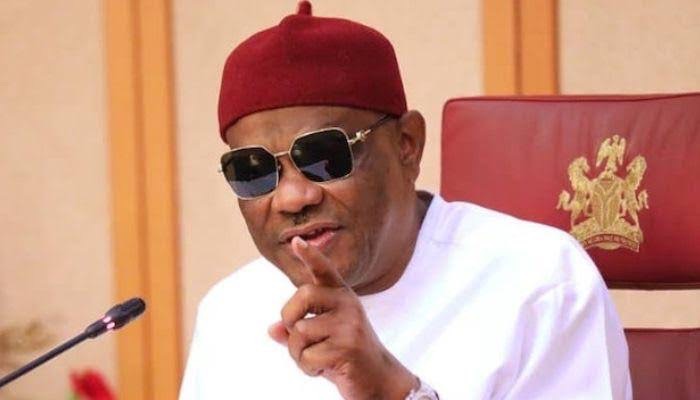Nyesom Wike, the former governor and the present Minister of the Federal Capital Territory (FCT), has openly criticized key figures within the Peoples Democratic Party (PDP) for their support of Governor Siminalayi Fubara. This move has further deepened the rift within the party, highlighting a period of intensified political discord in the state.
Deepening Divisions Within Rivers PDP
Wike’s disdain for the PDP leaders’ endorsement of Fubara, whom he once mentored, was unmistakable. His harsh critique was aimed at prominent party members such as Abiye Sekibo, Uche Secondus, Celestine Omehia, and Austin Opara, accusing them of flip-flopping their allegiance for opportunistic gains. Despite previously criticizing Fubara’s political experience, these leaders have now aligned themselves with him, drawing Wike’s ire.
A Question of Integrity and Leadership
In a fervent address, Wike dismissed these political figures as “expired,” challenging their status as elder statesmen—a title he believes should be reserved for individuals of consistent principle and integrity. Wike’s critique brings to the fore a significant discussion on the nature of political leadership and the qualities expected of those who lead.

Unresolved Historical Grievances
Wike expressed bewilderment at the sudden shift in support for Fubara, recounting previous opposition from these leaders, including petitions and rumors that questioned Fubara’s qualifications and integrity. This abrupt change of heart has left Wike questioning the motives and the integrity of those who now support his former protégé.
The Role of Former Leaders in Current Politics
Intriguingly, Wike also referenced his relationship with former Governor Peter Odili, suggesting a complex web of political alliances and legacies within the state. The mention of Odili underscores the enduring influence of past leaders on the present political landscape of Rivers State.
Implications for Rivers State
As this political saga unfolds, the residents of Rivers State are left to ponder the implications of these internal conflicts for their governance and future. The tension between prominent political figures like Wike and his erstwhile allies paints a picture of a deeply divided party, raising questions about the direction of leadership and governance in the state.



